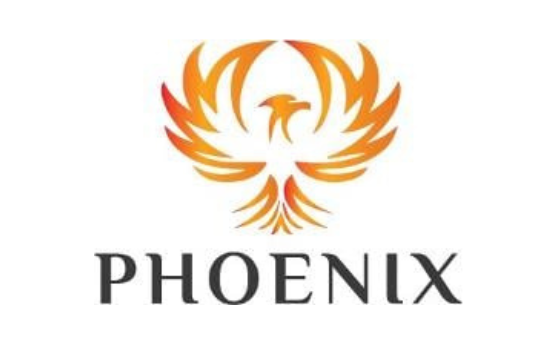
PHOENIX
PHOENIX is investigating treatment options for people with high risk breast cancer.
Disease site: Breast cancer
Status: Enrolling participants
What is the study about?
PHOENIX is investigating treatment options for people with high risk breast cancer.
Most people with breast cancer have cancers which are sensitive to the hormones progesterone or oestrogen, or to a naturally occurring protein called HER2. All of these cause the cancers to grow and can be blocked by modern targeted cancer treatments. Some people develop breast cancer which is not sensitive to hormones or HER2. These are called triple negative breast cancers.
Triple negative breast cancer can be harder to treat, as chemotherapy doesn’t always clear the cancer and standard treatments targeted at hormones or HER2 can’t be used. The main treatments for triple negative breast cancer are chemotherapy, surgery and radiotherapy. People with triple negative cancer that has not spread outside their breast normally receive chemotherapy before having surgery to remove the cancer. This is followed by further treatment which may include radiotherapy and further chemotherapy.
PHOENIX has two parts:
Part one
This part of the study is investigating whether giving people a two week course of drug treatment after their chemotherapy and before surgery can help identify how well further treatment may work.
Part two
This part of the study investigates whether people with early signs of cancer returning after surgery can be successfully treated with the same drugs they had immediately before their surgery.
The results of PHOENIX will help identify whether any of the drugs given just before surgery might affect the growth of triple negative breast cancer. If any drugs are found to have an effect, they will be tested in a larger trial to confirm how well they work and whether they might be an option for patients with triple negative breast cancer in the future.
Who is included in the study?
PHOENIX includes people with triple negative breast cancer who are due to have surgery to remove their cancer. Everyone who joins part one of the study will have had pre-surgery chemotherapy, but will still have some cancer remaining in their breast. Around 80 people from NHS hospitals in the UK will join the trial.
What are the study treatments?
Part one:
Everyone who joins part one of the study will receive one of four treatments in the two weeks before their breast cancer surgery:
- No additional treatment – this is the same as what would happen outside the trial
- Ceralasertib
- Olaparib
- Durvalumab
Samples of participants’ cancer and blood samples will be collected before and after the two week window of treatment. Blood samples will also be collected one and three months after surgery.
Participants’ cancer samples will be used by the PHOENIX laboratory to find out whether their cancer has any genetic abnormalities which could be used for a personalised blood test. This is called a trackable mutation test. The trackable mutation test can be used to analyse blood samples collected after surgery to see if there are any early signs that peoples’ cancer is still present.
Part two:
Only people whose cancer has a trackable mutation can join this part of the trial. The blood samples collected one and three months after their surgery will be tested to see if there are any signs their cancer may still be present.
If the tests find any early signs of cancer, people are offered further treatment using the same drug as they had just before their surgery:
- Ceralasertib
- Olaparib
- Durvalamab (people in the no additional treatment group before surgery will also receive this)
Participants have regular check ups during and after their treatment and we collect information about how they are getting on until the study is completed.
Further information for participants
Patient Information Sheet (Registration)
Patient Information Sheet (Trial Entry)
Patient Information Sheet (Part 2 - Cohorts A & D)
Patient Information Sheet (Part 2 - Cohort B)
Patient Information Sheet (Part 2 - Cohort C)
A detailed summary is available on Cancer Research UK's website
Further information for healthcare professionals
Contact details and regulatory information
Chief Investigator: Professor Andrew Tutt, The Institute of Cancer Research and Kings College London
ICR-CTSU scientific lead: Professor Judith Bliss
Trial management contact: [email protected]
Sponsor: The Institute of Cancer Research
Funding: AstraZeneca, Cancer Research UK (via ICR-CTSU Programme)
Trial identifiers
EUDRACT number: 2018-002077-21
REC reference: 19/LO/0127
CPMS ID: 40609
Publications and presentations
There have been no presentations or publications to date.

